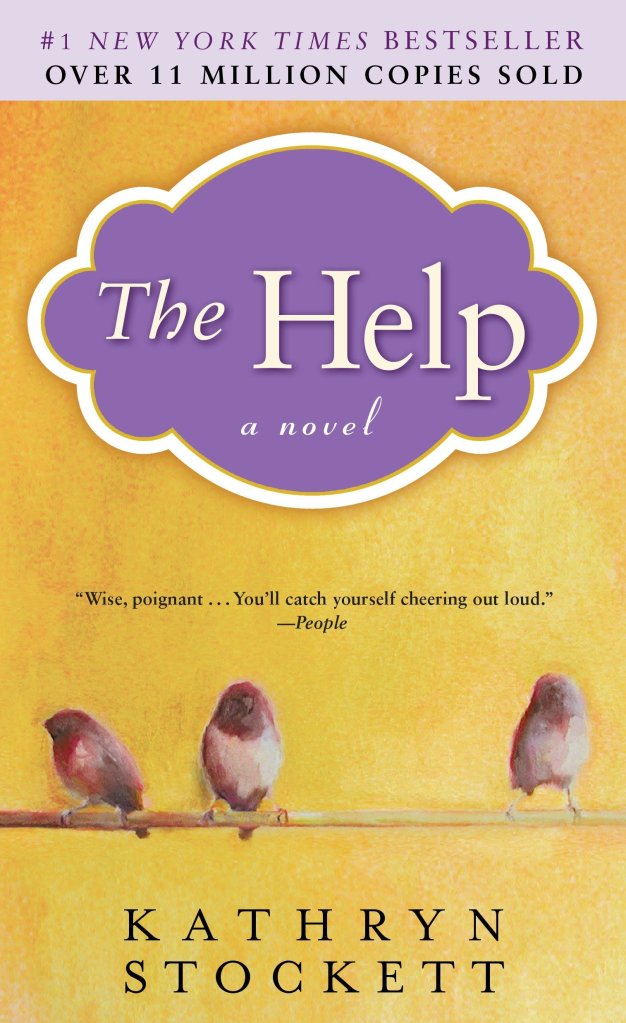
I think I keep saying this but: I’ve been meaning to pull this book off my shelf for quite some time (and of course, to watch the film adaptation afterwards). Well, I finally got around to it, and I see why so many people have been captivated by this story: Stockett keeps the reader turning pages with a great plot, great writing, interesting characters, and so much tension.
This is a story about the struggle for equality, the courage it takes to stand up for what’s write in the face of inequality, and more than anything, it’s about elevating Black voices and Black stories. Of course, it’s a little hard to ignore that this is a story by a white writer, and that the hero protagonist is white, so in that sense the central theme of elevating Black voices seems a little… ironic. Even a bit problematic. Nevertheless, I think Stockett has written a great novel with a powerful message at it’s core.
I should probably add that, just after finishing the novel, I watched the film adaptation. As always, the book is better, and some things were left out or underdeveloped in the film, but overall I enjoyed it.

